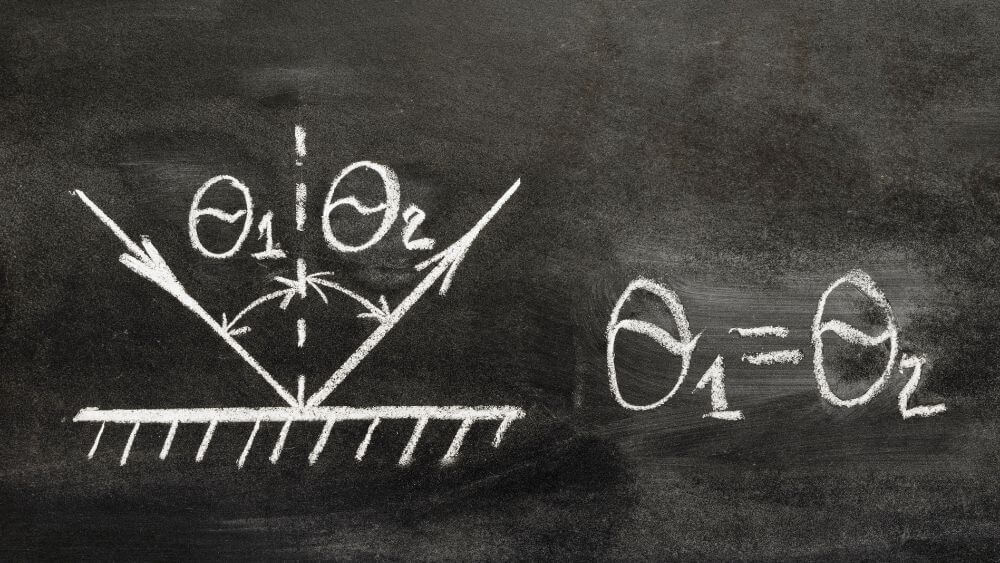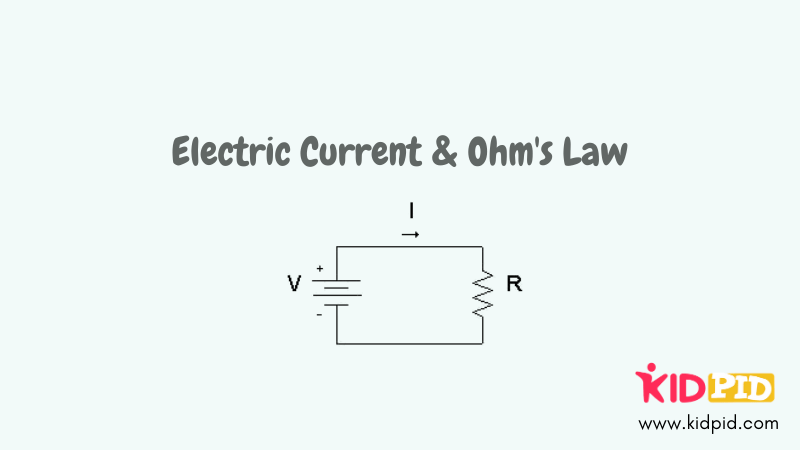What you’ll need:
- An orange
- A container
- Water
How to do it?
- Fill the container with water.
- Put the orange in the container filled with water and observe closely.You will find that orange float on the surface of water.
- Now do the same thing with peeled orange. See what happens this time?
- To our utter surprise, it sinks despite having less weight than the other. Observe it for a while.
Why it is so?
The rind of an orange, the cover has lot of tiny air pockets. You can easily see them. These air pockets, though increase some weight but also decrease effective density. And we all know things with less density float. Removing the rind resulted in removal of air pockets.
You can imagine rind as the life jacket of an orange. Like the rind of an orange, life jackets have air pockets which do not let us to sink. Same is the case with orange, its life jacket, the rind do not let it to sink.
Hope you enjoyed this experiment. There are more such experiments. Click here for more experiments.
You may like these:
How Batteries Make Things Work

A simple explanation of how batteries store and release energy, teaching kids the basics of electricity and circuits through everyday examples like toys and flashlights.
The 2400-Year Hunt for the Atom

The story of how scientists searched for the tiny building blocks of matter, showing kids the importance of curiosity, persistence, and discovery in science.
Light: How It Bounces and How We See

An engaging look at reflection and vision, explaining how light bounces off surfaces and helps our eyes see the world, sparking wonder about optics.
Write a Delightful Paragraph on “What is a Chemical Reaction?’

A fun and informative paragraph exploring how substances change during reactions, inspiring kids to discover the magic of chemistry in everyday life.
Electricity Flow and Ohm’s Rule

A kid-friendly guide to how electricity moves through wires and follows rules, helping young learners understand circuits and the basics of electrical resistance.





